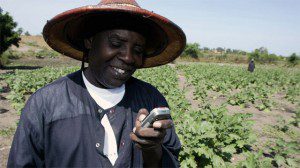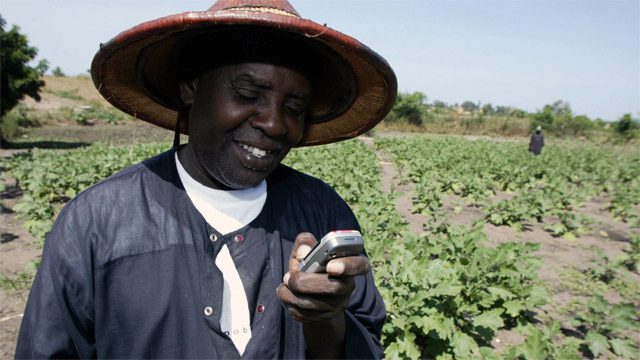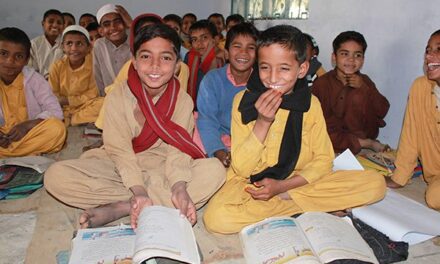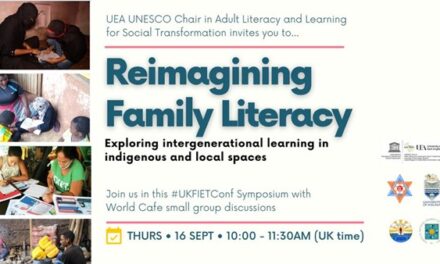
Photo Credit: CNN
Around the world, Literacy is regarded as an indisputable public good, central to all educational initiatives. As the 2006 UNESCO Global Monitoring Report on ‘Literacy for Life’ emphasised: ‘Literacy is more than a single goal: it is at the heart of the EFA endeavour’ (p 24). Here in the UK, politicians and employers are always bemoaning school leavers’ lack of literacy skills – and just this week, newly trained teachers who failed GCSE English tests hit the news (http://www.bbc.co.uk/news/education-20083249). In Nepali hill communities, I often heard people talking about literacy as the solution to problems of ill health, domestic abuse and poverty. Remembering women struggling at evening classes, I am struck by their determination to learn reading and writing – not necessarily for a specific purpose, but to gain access to all that Literacy stood for as a visible symbol of schooling.
As a researcher who found the concept of multiple ‘literacies’ helpful as a way of understanding and responding to people’s everyday literacy practices, I was excited about ten years ago, when some policy makers (including UNESCO) began to question the limitations of promoting one universal Literacy. Perhaps the digital revolution had something to do with this – since highly ‘literate’ adults like me found we suddenly had to learn new and rapidly changing literacies to do our jobs. Though we may now all recognise various different literacies (and literacy practices) in our societies, it is still the case that the singular Literacy informs most school curricula and adult literacy programmes. My guess is that this is because it is easier to measure one Literacy than many literacies and cheaper to design one-size-fits-all literacy courses. Above all, recognising multiple literacies implies making decisions about which to prioritise in learning programmes, deciding which are ‘good’ or ‘bad’ literacies. I was aware of these tensions in earlier discussions with UNESCO about the cultural benefits of literacy – that promoting culture in terms of film and magazine literacies was considered less problematic than engaging with religious literacies, which might lead to political unrest.
So should we abandon the idea of Literacies and accept that Literacy is a more appropriate way forward – in the policy arena at least? The evidence suggests otherwise: the growing gulf between the Literacy taught in school and adult classes, and the literacies that people are picking up in everyday life- such as farmers in remote areas texting for the latest market prices on mobile phones. There is no doubt that we urgently need to find a way of building on what people already know in terms of new and multiple literacies – but perhaps schools or adult literacy classes are not the right place or way to do this?
You can find further thoughts from Anna regarding this topic by reading this article.





